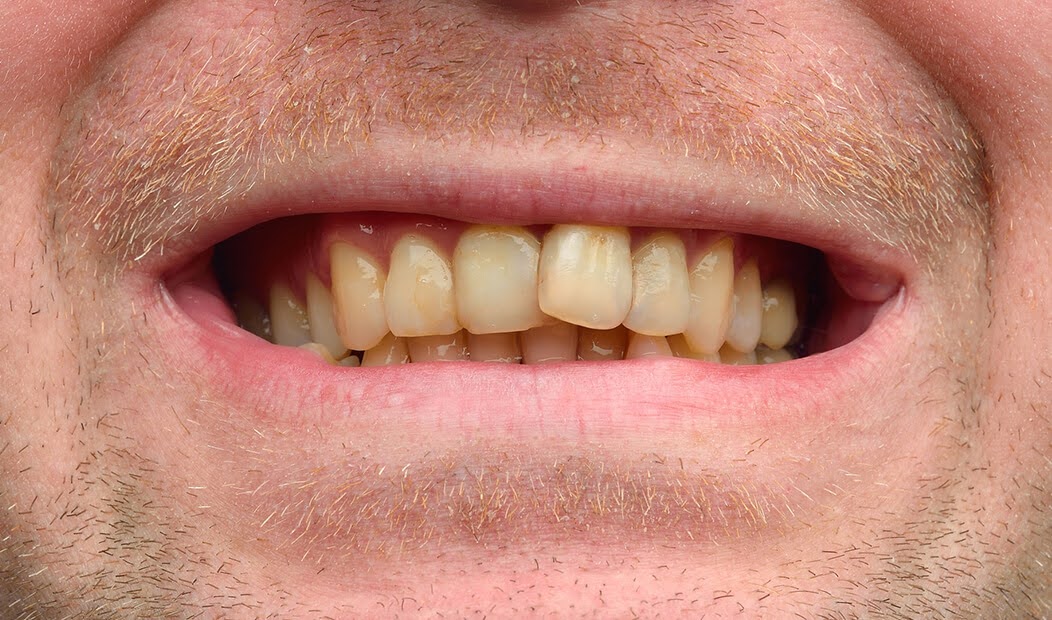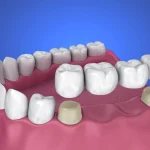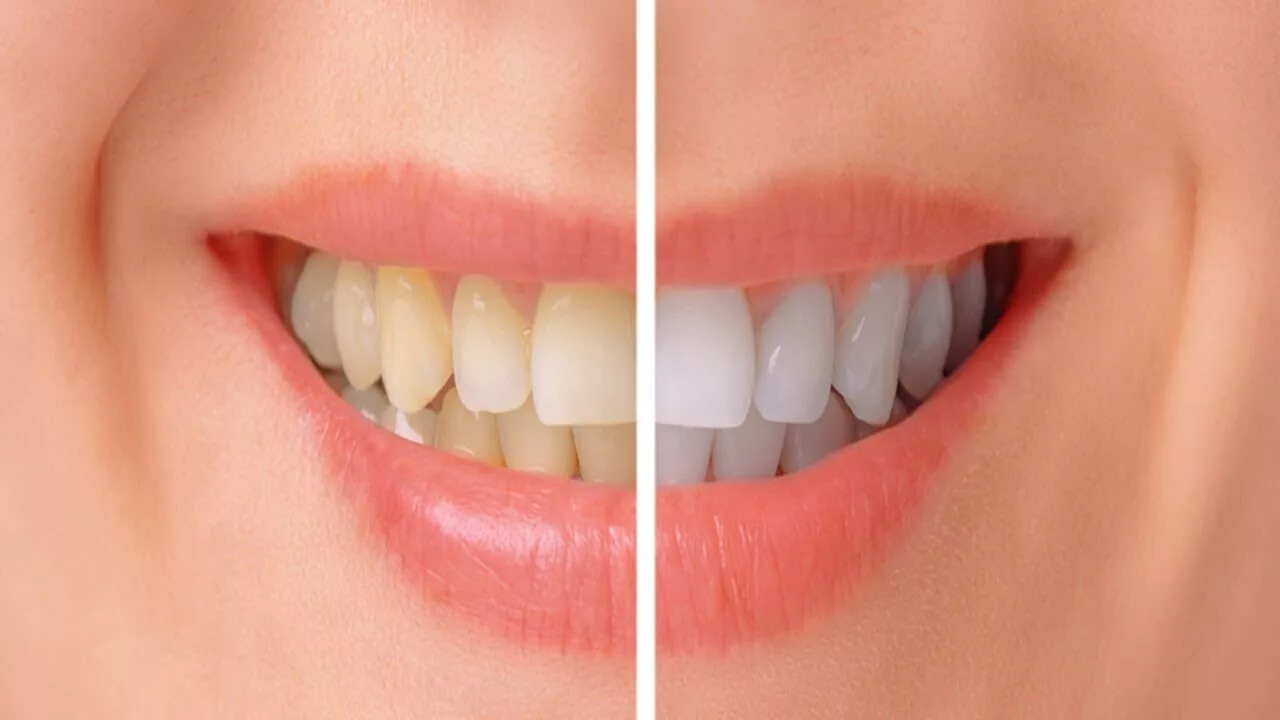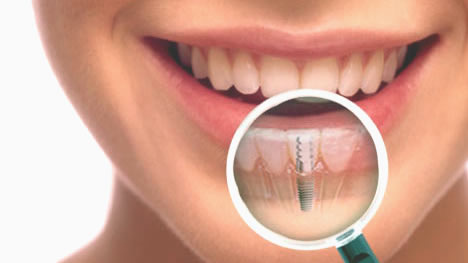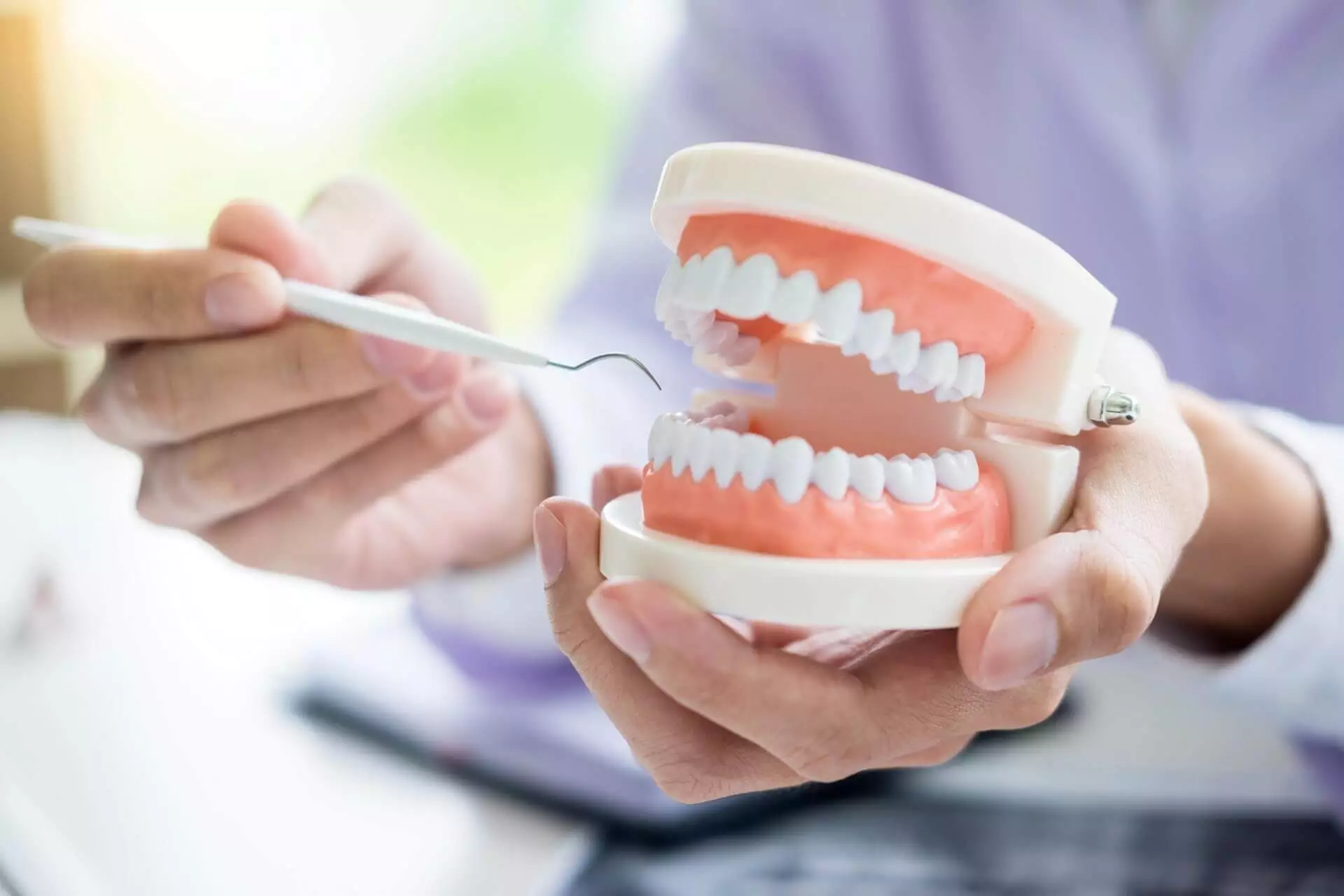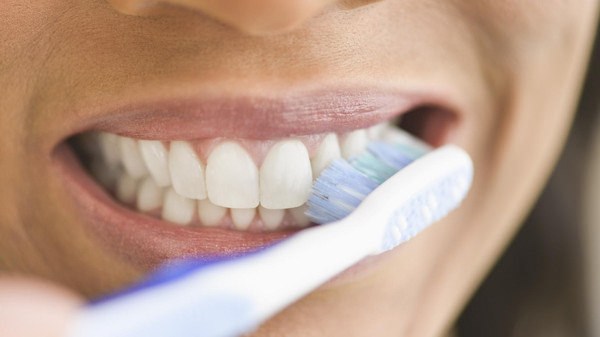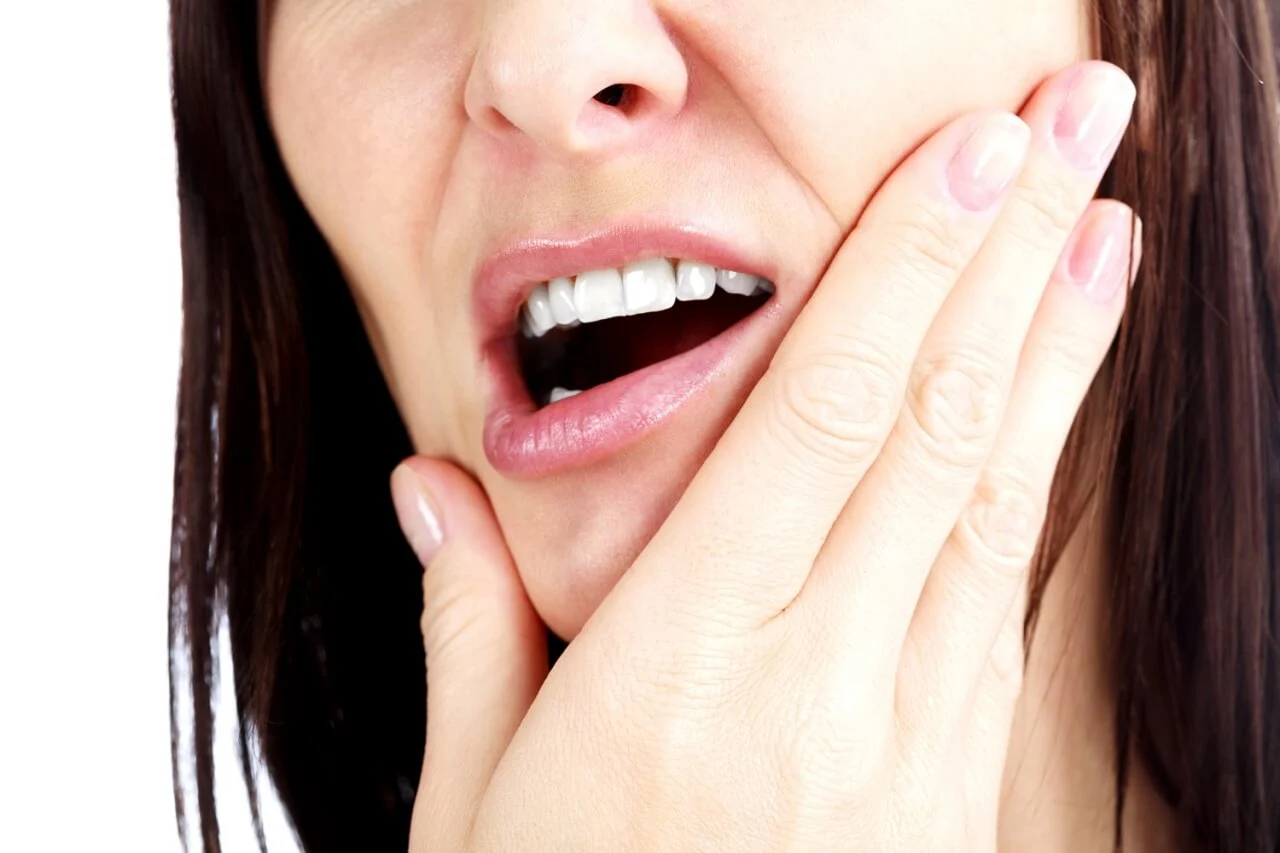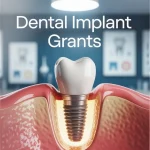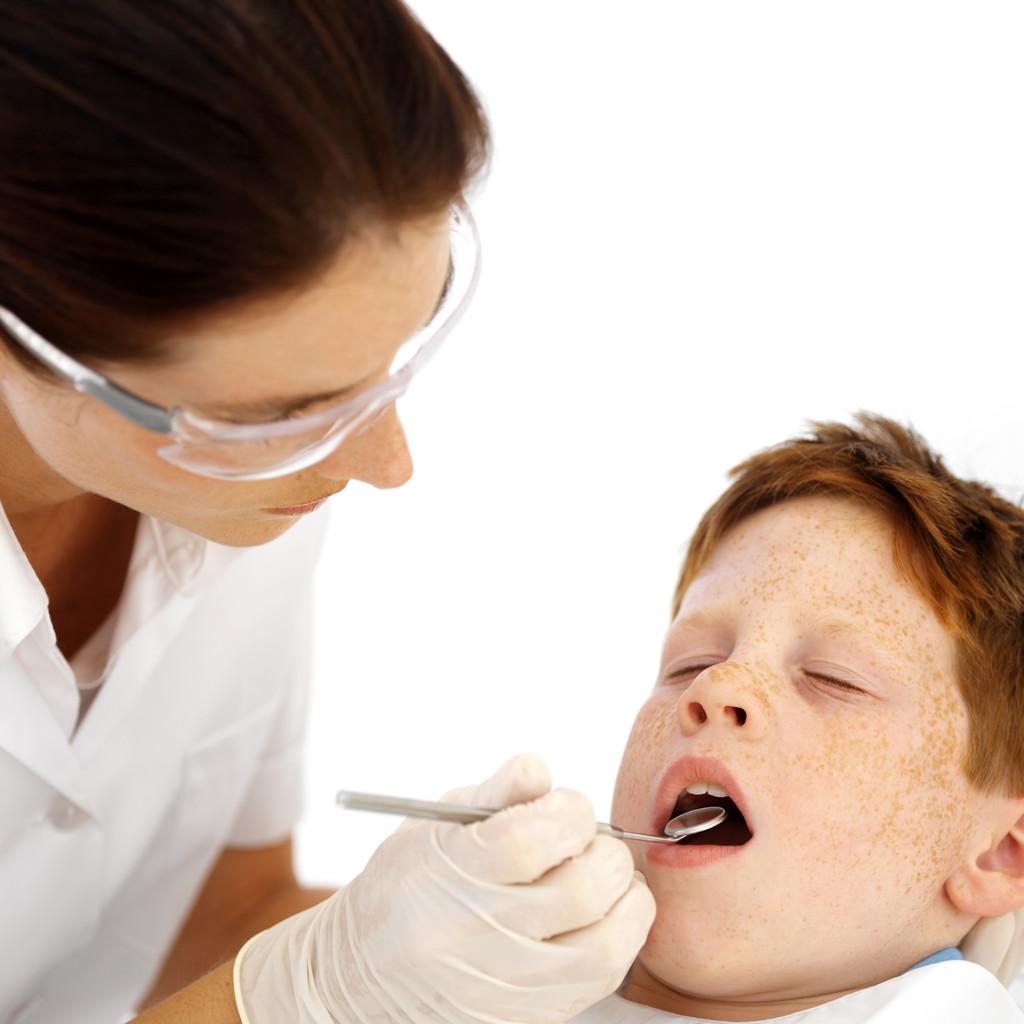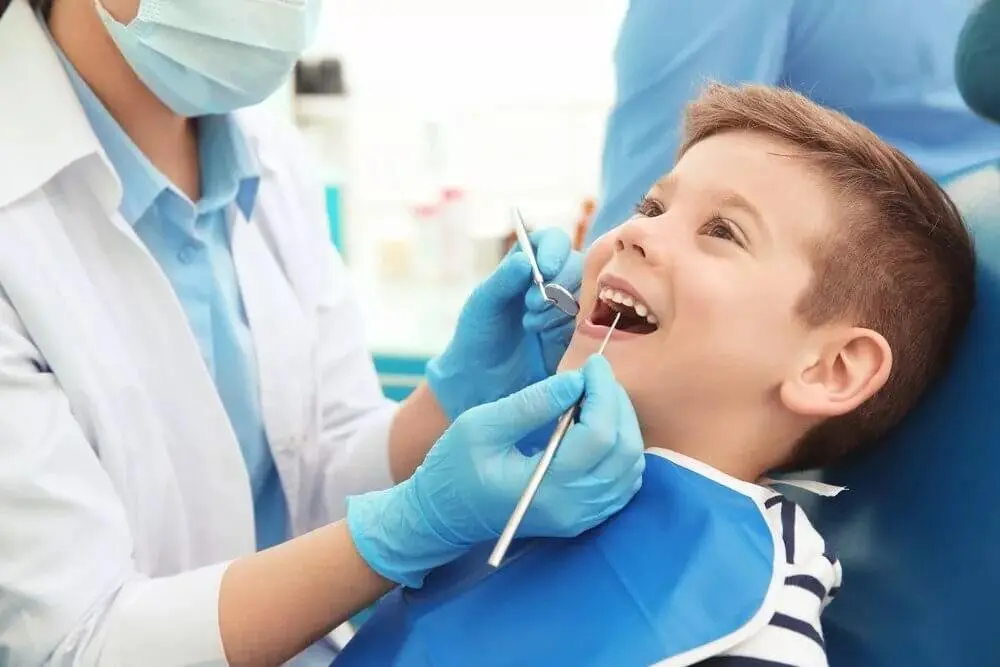Smoking has long been known to have detrimental effects on overall health, but its impact on dental health is particularly severe. From stained teeth to more serious conditions like gum disease and oral cancer, tobacco use poses significant risks to the health of the mouth. In recent years, vaping has emerged as an alternative to traditional smoking, often marketed as a “healthier” option. However, vaping also carries its own set of risks for dental health.
We will explore the impact of both smoking and vaping on dental health, with insights from Dr. Sahil Patel of Marylebone Smile Clinic in London. By understanding the risks associated with these habits, anyone can make informed decisions about their oral health and take steps to protect their teeth and gums.
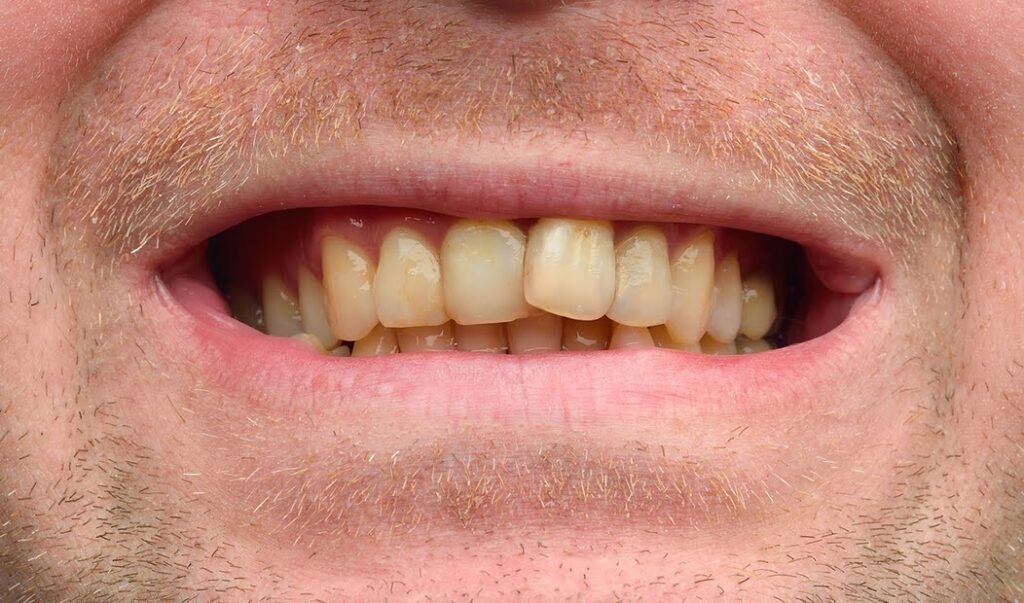
Content
The Effects of Smoking on Dental Health
Smoking tobacco is one of the most damaging habits for oral health. The chemicals in cigarettes, cigars, and other tobacco products can affect every aspect of the mouth, from the teeth and gums to the soft tissues and bones that support the teeth. Over time, smoking can lead to a range of dental problems that are not only painful but can also impact the aesthetics of a person’s smile.
Stained Teeth and Bad Breath
One of the most visible effects of smoking is tooth discoloration. The tar and nicotine in tobacco products stick to the surface of the teeth, causing them to become yellow or brown over time. These stains are difficult to remove through regular brushing and often require professional teeth whitening treatments from a specialized cosmetic dentist like Dr Sahil Patel at Marylebone Smile Clinic.
In addition to stained teeth, smokers often suffer from chronic bad breath, or halitosis. The chemicals in tobacco products can linger in the mouth, drying it out and promoting the growth of bacteria that contribute to bad breath. This not only affects the person’s confidence but can also create a negative impression in social and professional settings.
Increased Risk of Gum Disease
Gum disease, or periodontal disease, is one of the most serious dental issues associated with smoking. Smoking weakens the immune system, making it harder for the body to fight off infections, including those that affect the gums. Smokers are more likely to develop gum disease, and once it begins, it progresses more rapidly than in non-smokers.
Gum disease starts as gingivitis, characterized by swollen, red, and bleeding gums. If left untreated, it can advance to periodontitis, which causes the gums to pull away from the teeth, leading to tooth loss and damage to the bone that supports the teeth. Smokers are twice as likely as non-smokers to develop gum disease, and treatments are often less effective for smokers due to impaired healing.
Smokers should be particularly vigilant about their oral hygiene and to attend regular dental checkups to catch any early signs of gum disease. Professional cleanings and deep scaling can help manage the condition, but quitting smoking is the most effective way to reduce the risk of gum disease and promote healing.
Delayed Healing and Complications After Dental Procedures
Smoking also interferes with the body’s ability to heal after dental procedures. Whether it’s a simple tooth extraction, gum surgery, or more complex treatments like dental implants, smokers are at a higher risk of complications, including infections and delayed wound healing. The reduced blood flow to the gums caused by smoking makes it more difficult for the tissues to repair themselves, leading to longer recovery times and, in some cases, treatment failure.
For patients considering dental implants, Dr. Sahil Patel emphasizes the importance of quitting smoking to improve the chances of a successful outcome. Dental implants require strong, healthy gums and bones to anchor the implant securely, and smoking can compromise the healing process, increasing the risk of implant failure.
Oral Cancer: A Life-Threatening Risk
Perhaps the most serious consequence of smoking is the increased risk of oral cancer. Tobacco use is a leading cause of cancers of the mouth, throat, and tongue. The chemicals in tobacco products are carcinogenic and can cause mutations in the cells of the mouth, leading to the development of cancerous tumors.
Smokers are significantly more likely to develop oral cancer than non-smokers, and the prognosis is often worse because the cancer is more likely to be detected at an advanced stage. Symptoms of oral cancer include sores that do not heal, lumps in the mouth or throat, and difficulty swallowing or chewing.
The Impact of Vaping on Dental Health
Vaping has gained popularity as an alternative to smoking, particularly among younger people who view it as a safer option. However, while vaping may not expose users to the same harmful chemicals found in traditional cigarettes, it is not without risks, particularly when it comes to dental health.
Dry Mouth and Increased Risk of Cavities
One of the most common side effects of vaping is dry mouth, or xerostomia. E-cigarettes contain propylene glycol, a chemical that can reduce saliva production and leave the mouth feeling dry. Saliva is essential for maintaining oral health, as it helps neutralize acids, wash away food particles, and protect the teeth from decay.
Without sufficient saliva, the risk of cavities and gum disease increases. Dry mouth creates an environment where harmful bacteria can thrive, leading to plaque buildup and the development of cavities. Vapers are also more likely to experience bad breath due to the lack of moisture in the mouth.
Drinking plenty of water and using sugar-free gum or mouthwash can help counteract the effects of dry mouth, but quitting vaping is the best way to prevent these issues from progressing.
Gum Inflammation and Irritation
While vaping may not cause the same degree of gum damage as smoking, it can still lead to gum inflammation and irritation. The chemicals in e-cigarettes can irritate the soft tissues of the mouth, leading to swelling, redness, and sensitivity in the gums.
Over time, chronic gum inflammation can increase the risk of gum disease, particularly for those who vape regularly. Studies have shown that vapers may experience similar levels of gum inflammation as smokers, highlighting the need for proper oral care and regular dental checkups.
Nicotine and Its Effects on Oral Health
Many e-cigarettes contain nicotine, which is known to have negative effects on oral health. Nicotine reduces blood flow to the gums, impairing their ability to heal and increasing the risk of gum disease. Additionally, nicotine can cause the teeth to become stained over time, leading to discoloration similar to that seen in smokers.
Nicotine is also addictive, making it difficult for users to quit vaping once they have developed a habit. Those who vape need to be aware of the potential risks to their oral health and to consider reducing or eliminating their nicotine use to protect their teeth and gums.
Unknown Long-Term Effects
While vaping is still a relatively new phenomenon, and more research is needed to fully understand its long-term effects, early studies suggest that it is not a harmless habit. The chemicals in e-cigarettes, while fewer than those in traditional cigarettes, still pose risks to both oral and overall health.
As vaping continues to grow in popularity, regular dental checkups are essential for identifying any early signs of damage caused by vaping and providing appropriate treatments to prevent further harm.
Protecting Your Oral Health: Steps to Take
Whether you smoke or vape, it’s important to take proactive steps to protect your oral health and reduce the risk of serious dental problems. Quitting is the most effective way to improve both your oral and overall health, but if quitting isn’t an immediate option, there are still steps you can take to minimize the damage.
Prioritize Oral Hygiene
Brushing at least twice a day with fluoride toothpaste, flossing daily, and using an antibacterial mouthwash can help reduce the risk of gum disease and tooth decay. For smokers and vapers, these habits are especially important, as they help remove harmful chemicals from the mouth and keep bacteria in check.
Regular Dental Checkups
Regular dental visits are essential for catching early signs of gum disease, cavities, and oral cancer.
Hydrate and Protect
If you vape, staying hydrated is crucial for countering the effects of dry mouth. Drinking water throughout the day and using saliva substitutes can help keep the mouth moist and reduce the risk of cavities.
Seek Support for Quitting
For those ready to quit smoking or vaping, there are many resources available, including nicotine replacement therapies, counseling, and support groups. Quitting not only improves your oral health but also has significant benefits for your heart, lungs, and overall well-being.
Conclusion: A Clear Case for Quitting
It’s clear that smoking and vaping are bad for your teeth. Both habits are very bad for your smile’s health and appearance. They can cause gum disease, tooth decay, mouth cancer, and slow healing. Many ads for vaping make it sound like a better option to smoking, but it still has some risks, especially for your oral health.
By prioritizing oral hygiene and seeking support for quitting, you can reduce the risk of serious health problems.

Karen is a health blog author who has been writing about healthy living since 2013. She started her journey by adopting a vegan diet and eating only organic foods, but the more she learned, the more she realized that we should all be eating plant-based diets exclusively. As an expert in nutrition and wellness, Karen blogs to educate readers on how they can live happier and healthier lives through food choices!

